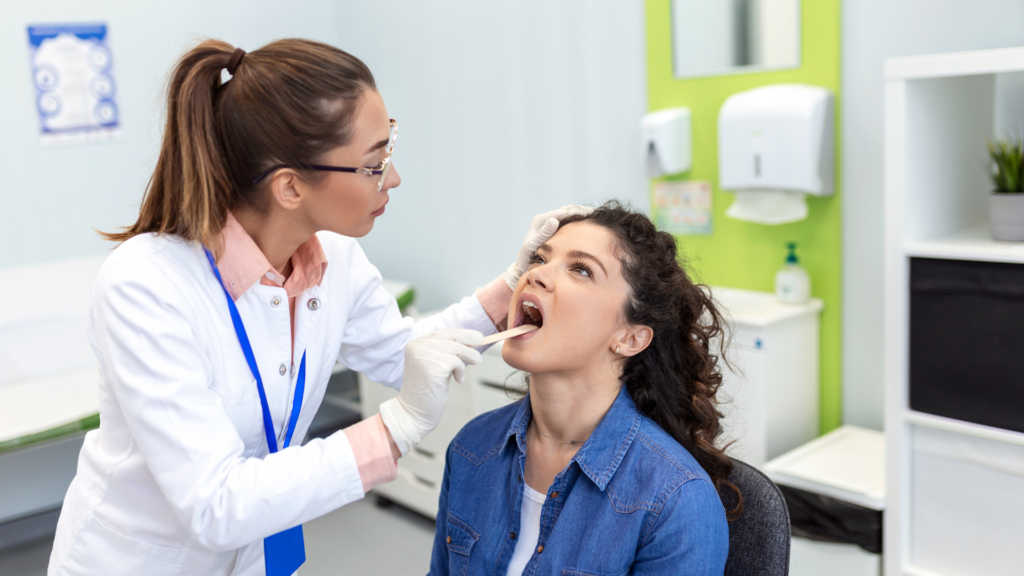
Treating voice disorders involves a multifaceted approach that integrates various therapies and collaborations with medical specialists. Speech therapists play a central role in enhancing voice production and coordination between breathing and vocal functions. This guide explores different treatment methods and the professionals involved in managing voice disorders.
Voice disorder treatment covers a wide range of goals, approaches, and specialists. Primarily, speech therapists lead interventions to enhance voice production and ensure proper coordination between breathing and vocal functions.
Speech-Language Pathologists (SLPs) work closely with otolaryngologists and other medical experts, such as pulmonologists, gastroenterologists, neurologists, and allergists. While SLPs diagnose functional abnormalities, otolaryngologists diagnose structural issues like nodules or tumors. For conditions like functional aphonia or muscle tension dysphonia, psychological counselling might be beneficial alongside SLP interventions.
Voice therapy is crucial for complex voice disorders. There are two main types of approaches:
Some voice disorders might need medical or surgical interventions, such as removing polyps or nodules and using Botox injections to relax tight vocal muscles.
A specialized speech therapist helps by:
Voice therapy carries no risks and can significantly improve vocal health and function through tailored methods and techniques. This therapy can be conducted before some surgical and medical procedures and post medical procedures
Voice disorder treatment encompasses a range of therapies and medical interventions aimed at improving vocal function and health. For a comprehensive approach to understanding and treating voice disorders, see our related blog post on “What Are the Main Symptoms, Causes and Preventive Measures of Voice Disorders in Adults?”. At Talking Brains Dubai, our expert speech therapists work with a team of specialists to provide personalized care for optimal vocal health.
Notifications